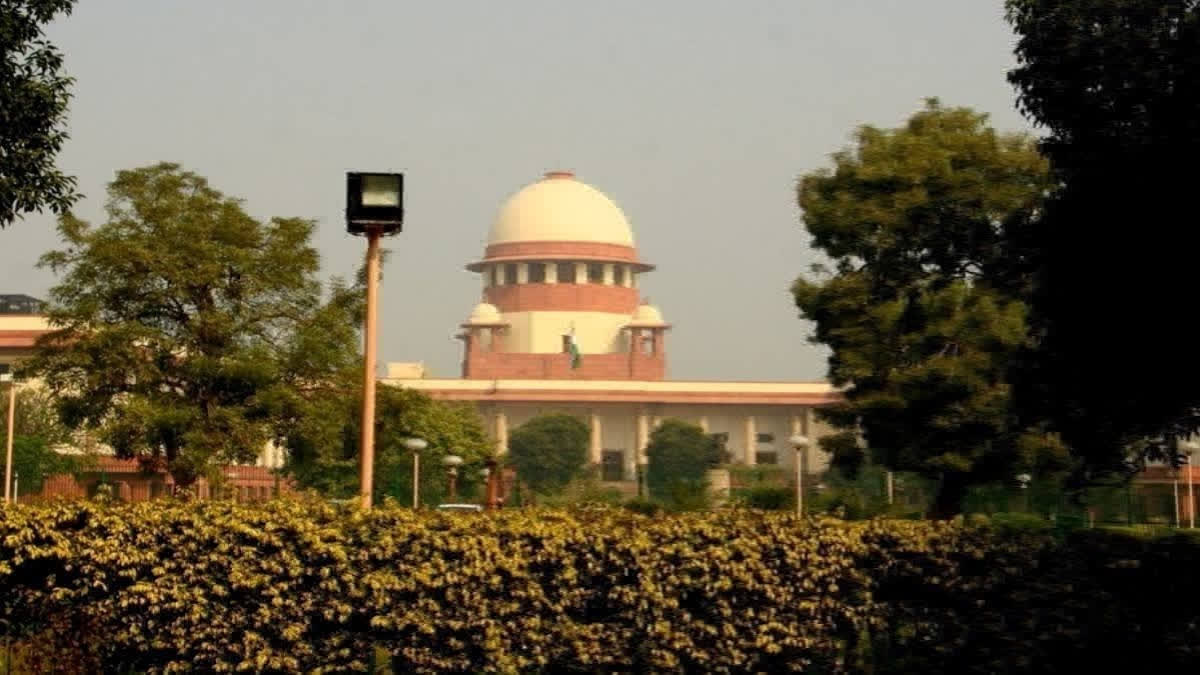 |
|
The Supreme Court of India is currently grappling with a case involving former Chhattisgarh advocate general, Satish Chandra Verma, embroiled in the Nagrik Apurti Nigam (NAN) scam. The case highlights the complexities of political maneuvering, legal processes, and allegations of corruption within a state government. The Chhattisgarh government, in a recent hearing before Justices Vikram Nath and Sandeep Mehta, committed to not taking any coercive action against Verma until February 28th. This decision follows a plea from Verma's legal team, led by senior advocate Mukul Rohatgi, arguing that the charges against him are politically motivated and lack substantial evidence. The core of the defense rests on the assertion that Verma is being targeted due to a change in state government, a claim vehemently denied by the state's deputy advocate general, Ravi Sharma.
The allegations against Verma stem from his alleged assistance to Anil Tuteja and Alok Shukla, two accused individuals in the NAN scam. The prosecution claims that Verma helped secure bail for these individuals in 2019 by preparing a court reply. However, Rohatgi countered this argument, asserting that an advocate general does not typically draft replies for accused individuals and that the timing of the accusations strongly suggests a politically motivated vendetta. He further emphasized that the bail granted to Tuteja and Shukla in 2019 remains unchallenged by the state government, implying a lack of sufficient evidence to warrant further action. The fact that the bail order has attained finality adds another layer of complexity to the prosecution's case, questioning the rationale behind pursuing charges against Verma five years later.
The NAN scam itself involves allegations of supplying substandard rice, grams, and salt, leading to the arrest of several high-profile bureaucrats. The scale of the alleged corruption and the involvement of prominent figures underscores the seriousness of the situation. The Supreme Court's intervention highlights the importance of ensuring due process and fairness within the legal system. The court's decision to issue a notice to the Chhattisgarh government and request a response by February 28th signifies its commitment to a thorough investigation and fair adjudication of the case. The state's commitment to refrain from coercive measures against Verma until then offers a temporary reprieve, but the underlying issues of political influence and potential corruption remain central to the ongoing legal battle.
The case presents a compelling example of the intersection between politics and law enforcement. Accusations of political vendetta, especially when coupled with allegations of corruption, raise serious concerns about the integrity of the justice system. The Supreme Court's role in this case is not merely to adjudicate the specific charges against Verma but also to serve as a watchdog against potential abuses of power. The outcome of this case will significantly influence public perception of the Chhattisgarh government's commitment to transparency and accountability. Further investigation and the presentation of compelling evidence will be crucial in determining the veracity of both the accusations against Verma and the defense's claims of political motivation. The February 28th deadline set by the Supreme Court marks a crucial juncture in this unfolding legal drama, with the potential for significant implications for both Verma and the ongoing investigation into the NAN scam.
The legal arguments presented by both sides highlight fundamental issues within the Indian legal system. The defense's argument hinges on the principles of due process and the presumption of innocence until proven guilty. The prosecution, on the other hand, must present sufficient evidence to overcome these legal safeguards and demonstrate Verma's culpability. The Supreme Court's role as the final arbiter in this matter is critical in ensuring that justice is served while upholding the principles of fairness and due process. The court's scrutiny of the evidence and its interpretation of the legal arguments will ultimately determine the fate of Verma and, to a larger extent, the effectiveness of anti-corruption efforts within Chhattisgarh.
Source: 'Former State Law Officer Won't Be Held Till Feb 28’: Chhattisgarh Govt To SC In NAN Corruption Case
